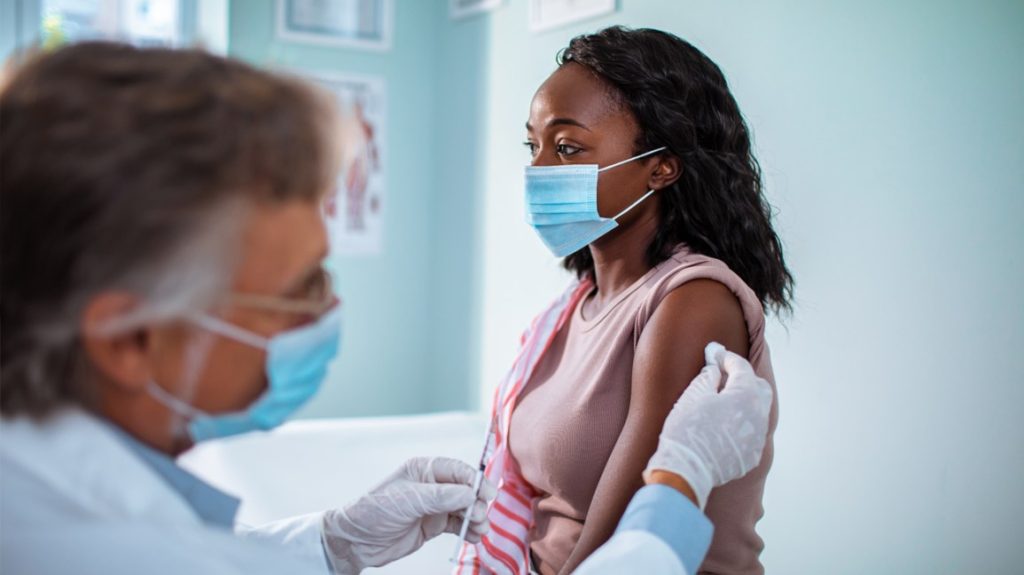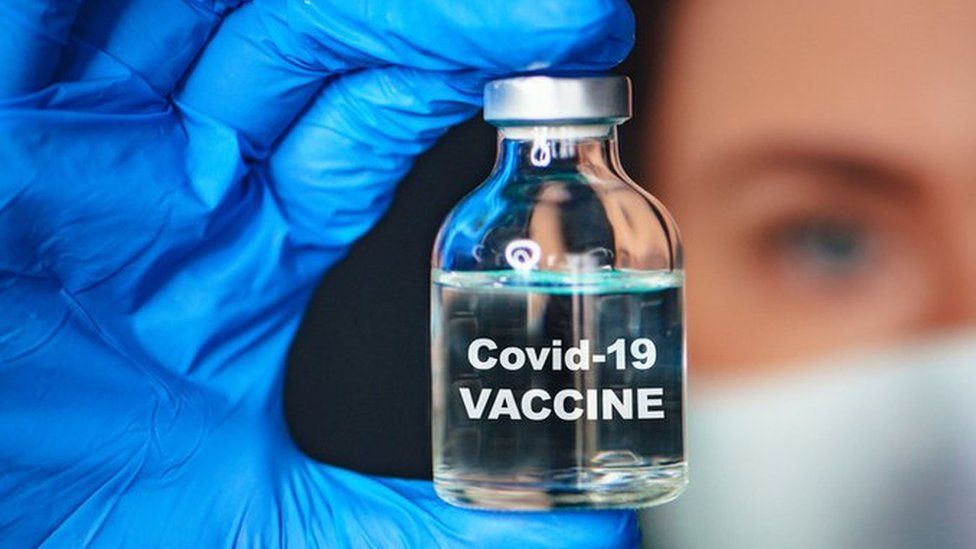GPs across England have raised concerns over low uptake of COVID-19 vaccination among BAME patients – warning that misinformation has left patients reluctant to come forward and pushed up DNAs. GPs across
One primary care network (PCN) in North Staffordshire confirmed that rates of people from BAME communities who did not attend (DNA) vaccine clinics were 10 times higher than the average – and GPs across the country have raised concerns about low uptake in BAME patients.
GPs said false information about the contents of vaccines being spread on social media and a lack of public education are contributing to patients not attending clinics or being reluctant to come forward for vaccination.
Vaccines minister Nadhim Zahawi has warned that the virus could ‘spread quickly’ among BAME communities if they make up a large proportion of those who do not take up the chance to be vaccinated. The government’s scientific group for emergencies (SAGE) has also warned of a ‘significant risk’ that vaccine uptake for COVID-19 will be lower among minority ethnic groups and called for barriers to uptake in these communities to be ‘understood and addressed’.
Vaccine uptake
GPs have called for a targeted information campaign to educate BAME communities worried about the vaccine and asked for this group to be specifically recognised on the vaccine priority list.
Co-clinical director of Shelton and Hanley PCN in Stoke-on-Trent Dr Lenin Vellaturi told GPonline that his network had experienced ‘plenty of problems’ with uptake among BAME patients in his community.
‘We’ve had around 20-30% DNAs among the BAME community, compared to 2-3% in other groups,’ he said. ‘One of the worries is about the content of the jab, but another is that somewhere in the local media they have read that the vaccine is bad for them, or that it may cause harm. There are a lot of misconceptions that the vaccine has been done too quickly also.’
GPs have pointed to false claims that the COVID-19 vaccine contains alcohol or porcine substances that have left some Muslim patients wary of the vaccine.
Priority group
Dr Vellaturi said he had enlisted the help of a local imam and a councillor to boost confidence about and increase uptake of the vaccine. He also argued that BAME patients should be in a higher priority group for the vaccine – following evidence of the disproportionate impact of COVID-19 on BAME patients.
‘It is very worrying because if you don’t cover those communities you are going to see them day in and day out [in surgery], and it puts everybody at risk again. We want to make sure that they are the ones who are covered most.’
He said the PCN had made an additional effort to identify and encourage BAME patients to take up COVID-19 vaccination as part of the local rollout.
Nottinghamshire GP Dr Irfan Malik said that colleagues in his area had noted a lack of older BAME patients turning up to the vaccination centres in recent weeks. He noted that his parents were the only two elderly Asian patients to get vaccinated at a local site amid hundreds of people.
Nervous patients
‘The worrying thing is that COVID-19 has already exposed inequality in our communities and hit certain communities harder and this ability to have the vaccination will further increase that divide,’ he said.
‘I think there should be some sort of weighting for BAME groups, not that they should be pushed to the top, but if they have chronic disease, or if they are slightly older or male, BAME could be added into a risk assessment [process] to work out what a person’s overall risk is to give them a bit more priority.’
Dr Farzana Hussain, clinical director of Newham 1 PCN in East London said she too was worried about low uptake of the COVID vaccine among BAME patients, and recently supported a local imam’s video of his vaccine experience.
‘I have already had several consultations with my patients who are African, who are very nervous due to the speed at which the vaccine has been developed and rolled out. They are also worried about information they’ve read about permanent damage to their bodies. This is a real issue when they are at higher risk of COVID complications,’ she said.
Mr Zahawi said on BBC Radio 4 this week: ‘I am worried about BAME communites, which is why I’m spending a lot of time with the metro mayors, the mayor of London and parts of local government to reach those hard to reach groups.
‘My big worry is that – if 85% of the adult population get vaccinated – if the 15% skews heavily to the BAME community, the virus will very quickly infect that community and really hurt them.’
London GP Dr Harpreet Sood, who is leading an NHS anti-disinformation drive, said health bosses were working to translate information about the vaccines and ensure it reached all patients. He said: ‘We need to be clear and make people realise there is no meat in the vaccine, there is no pork in the vaccine, it has been accepted and endorsed by all the religious leaders and councils and faith communities.
‘We’re trying to find role models and influencers and also thinking about ordinary citizens who need to be quick with this information so that they can all support one another because ultimately everyone is a role model to everyone.’

Tailored vaccine messaging
In December RCGP chair Professor Martin Marshall warned that public health messaging around the vaccine must be tailored to ensure good uptake among BAME patients. He said these communities had to be reassured about the ‘efficacy and safety’ of the jab.
The government has set up a national equalities board in recognition of the disproportionate impact of the virus on BAME communities. It will ensure that ‘staff communications are relevant, accessible and specific and the view and priorities of BAME staff are part of the conversation’.
It has also come under pressure for its decision to omit BAME groups from the COVID-19 vaccine priority list. The Joint Committee on Vaccinations and Immunisations (JCVI) list makes no specific reference to BAME communities. This is despite a report published in June finding that deaths from COVID-19 were highest among patients from BAME backgrounds.

